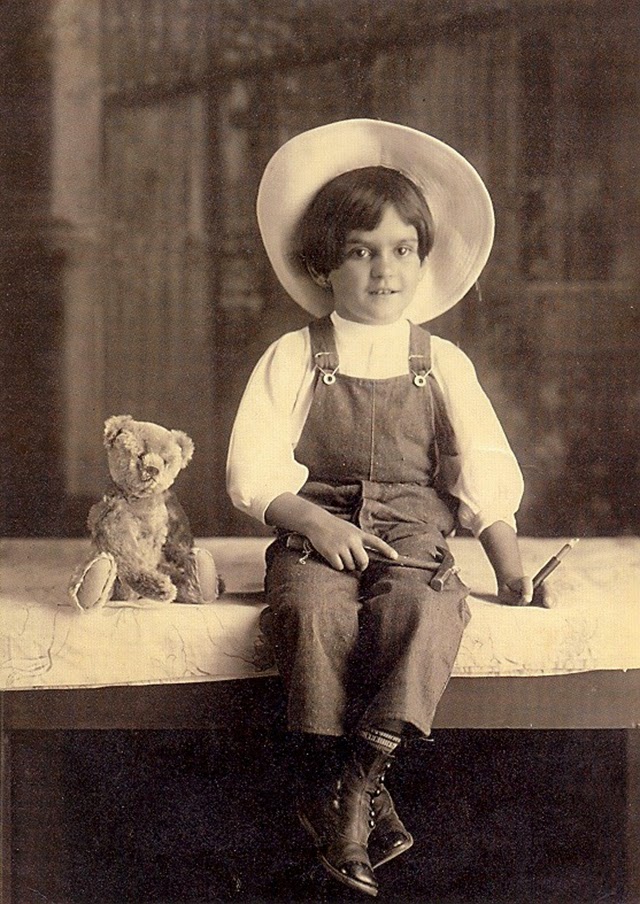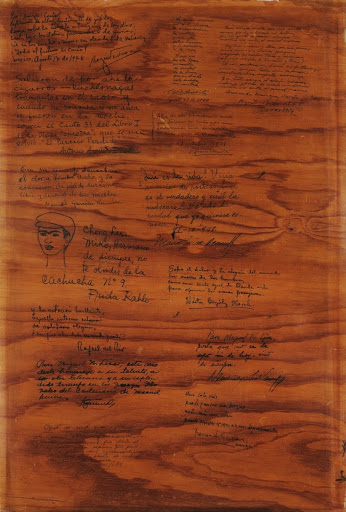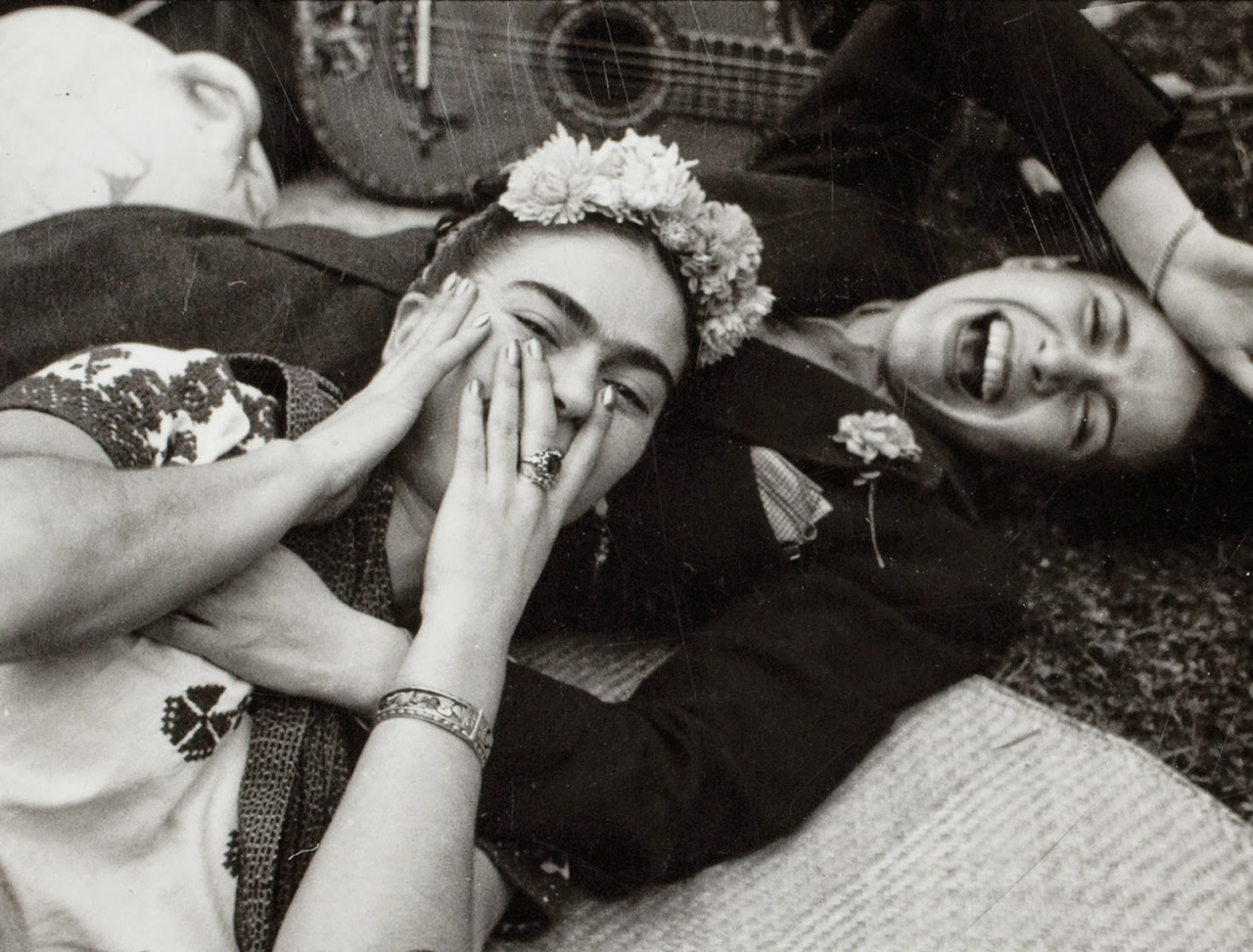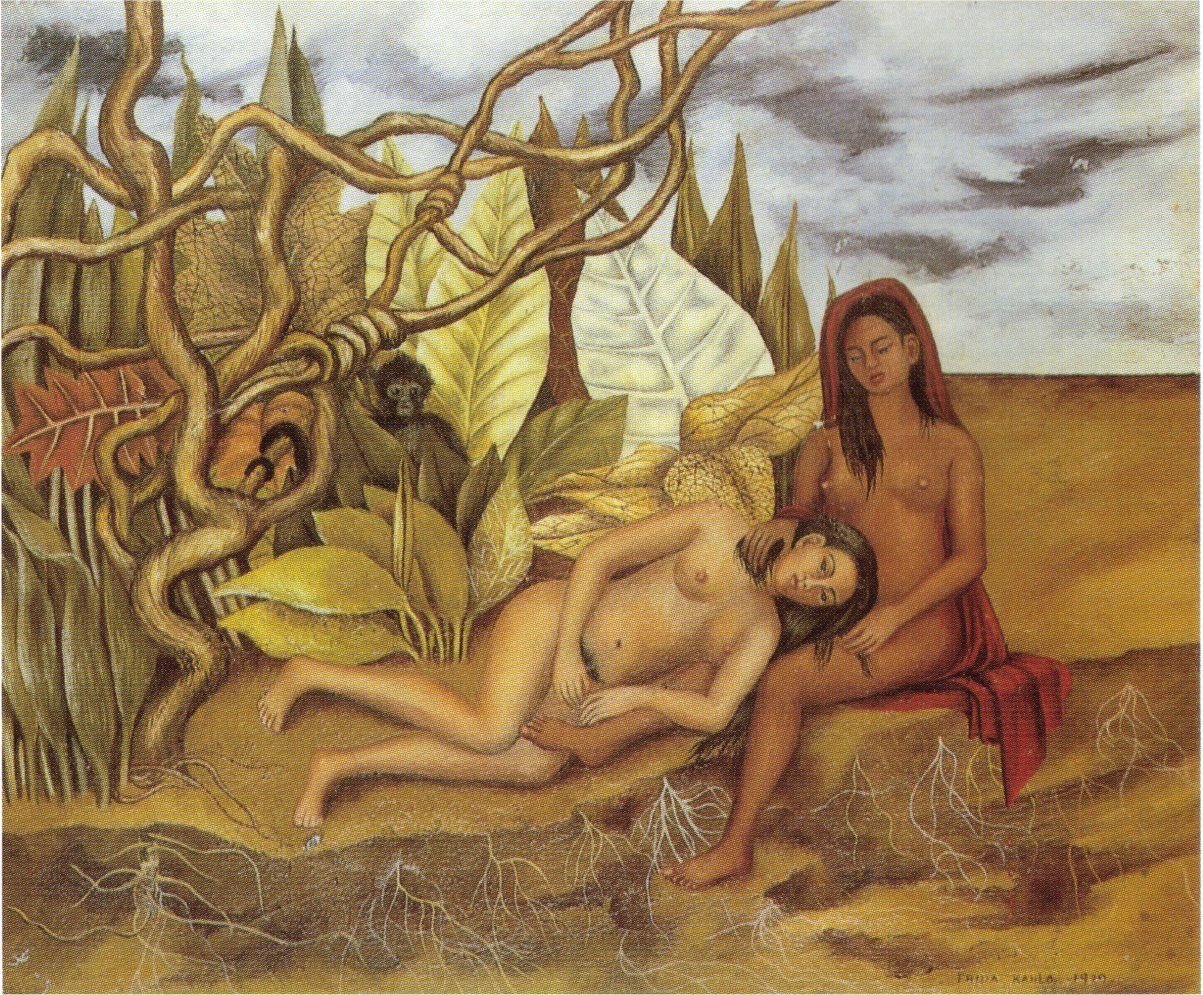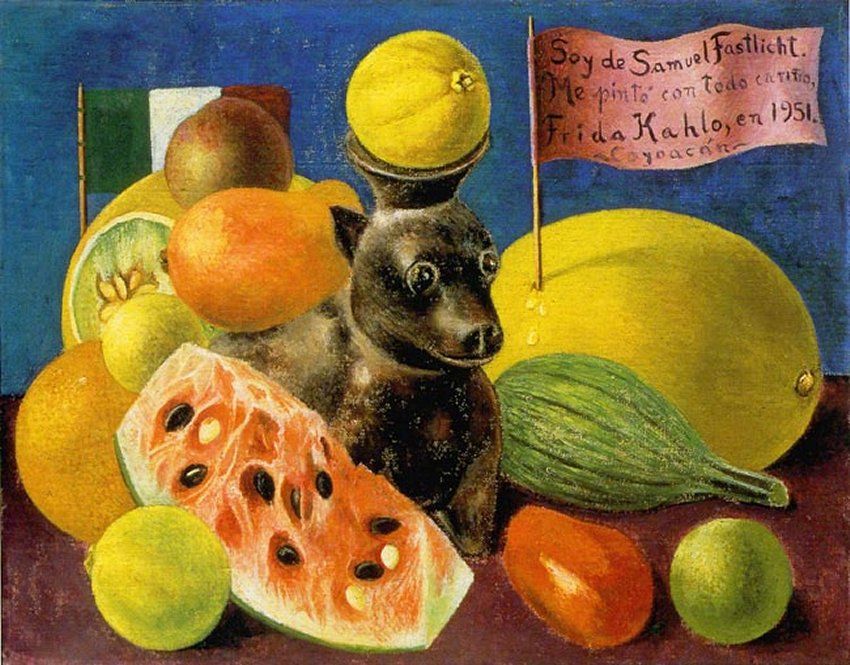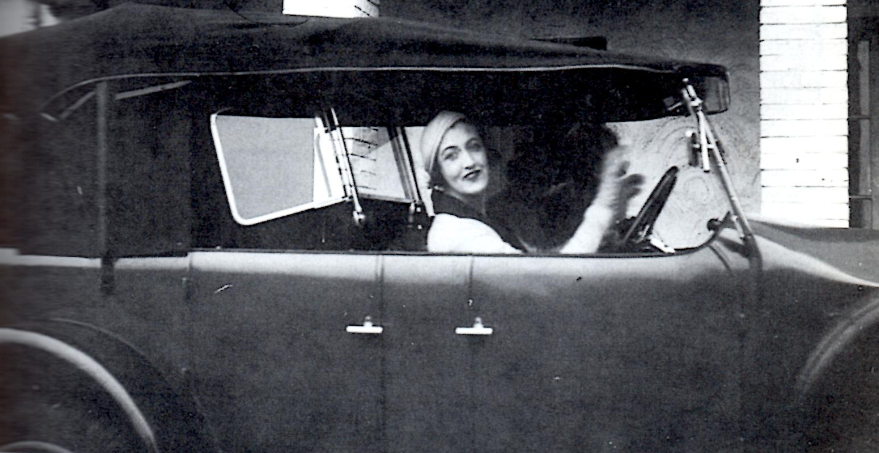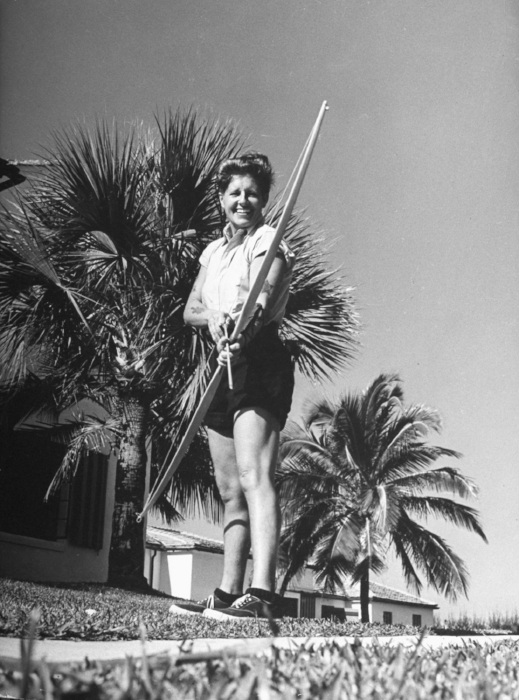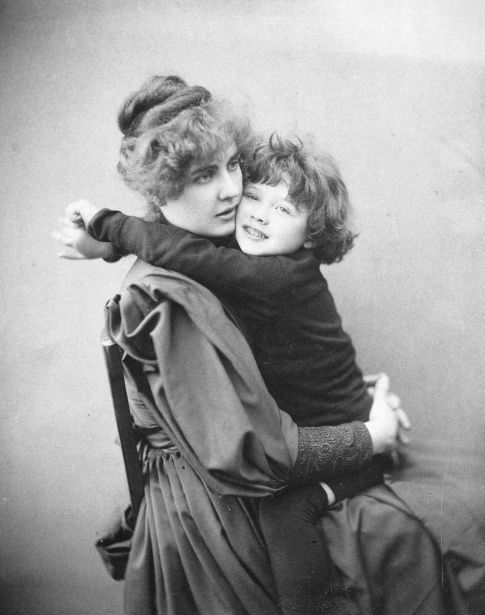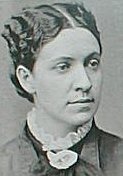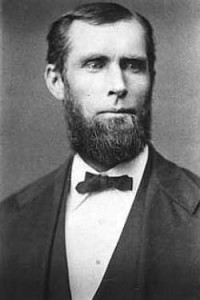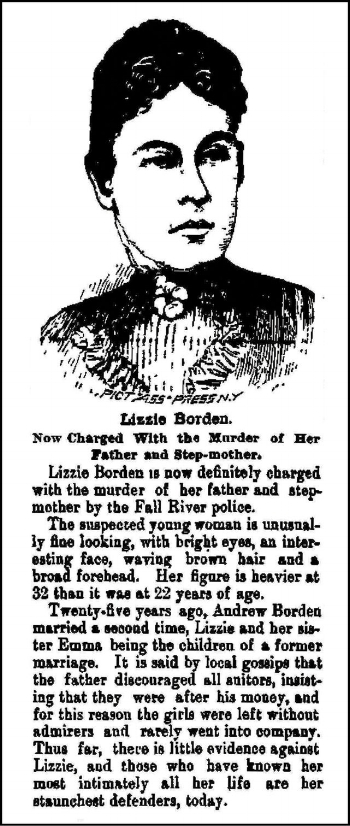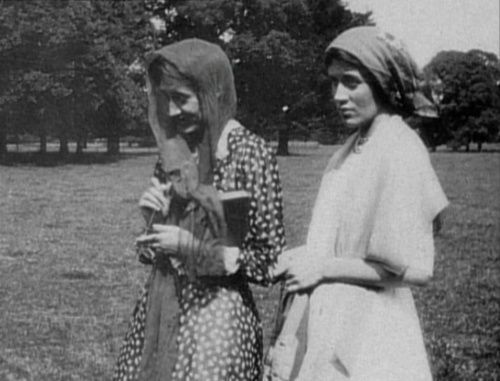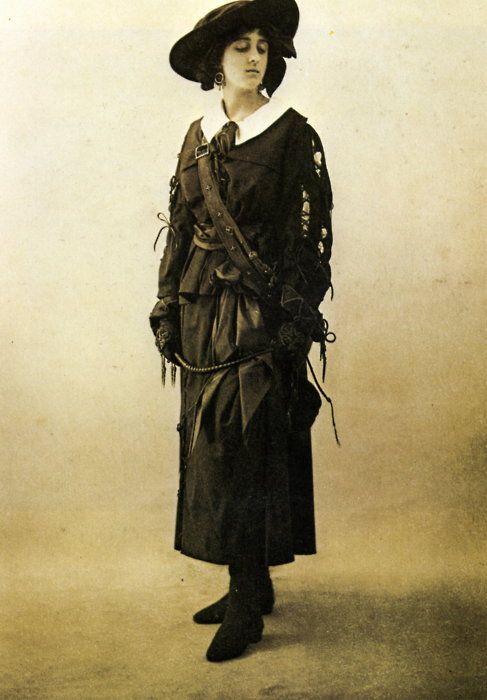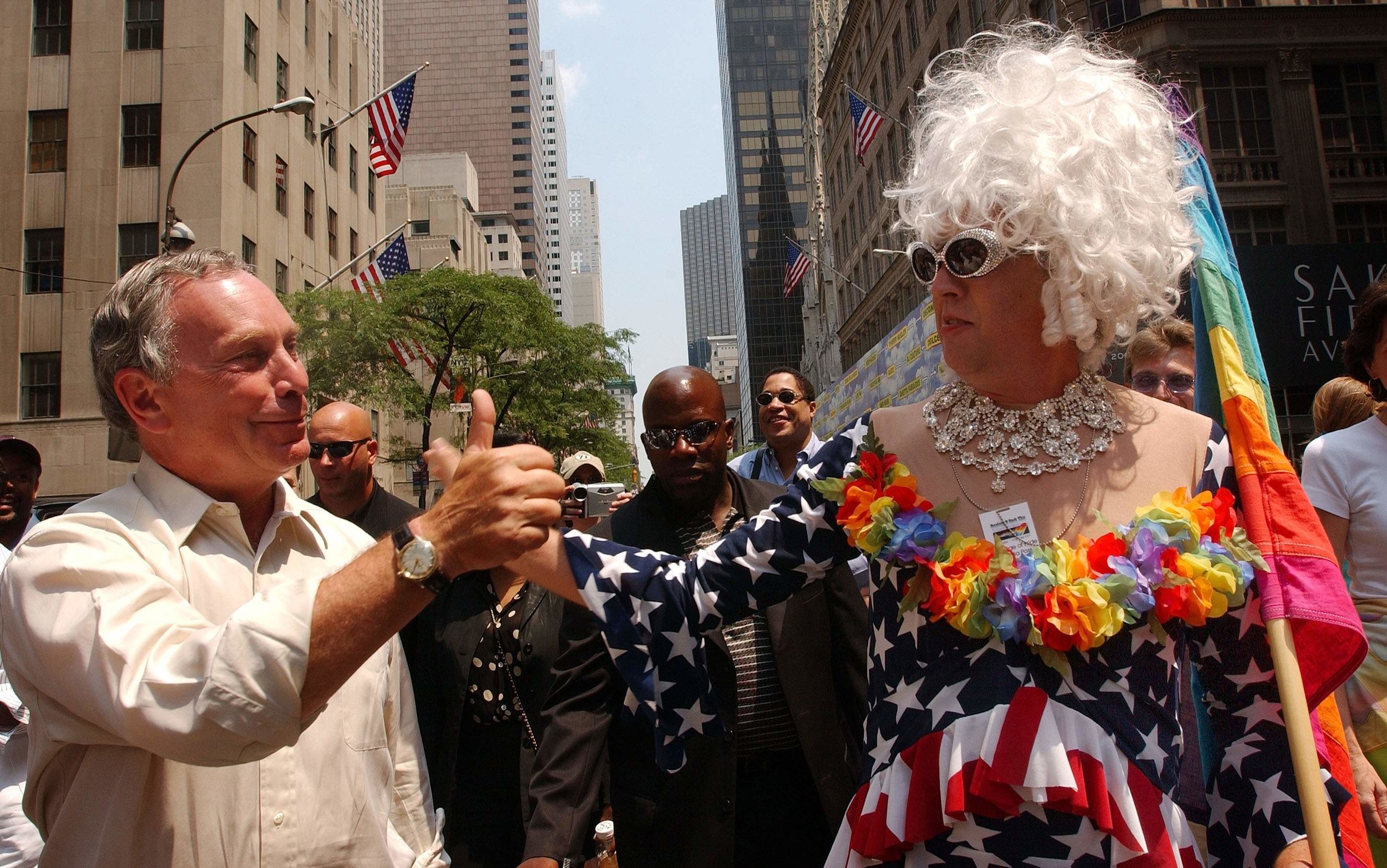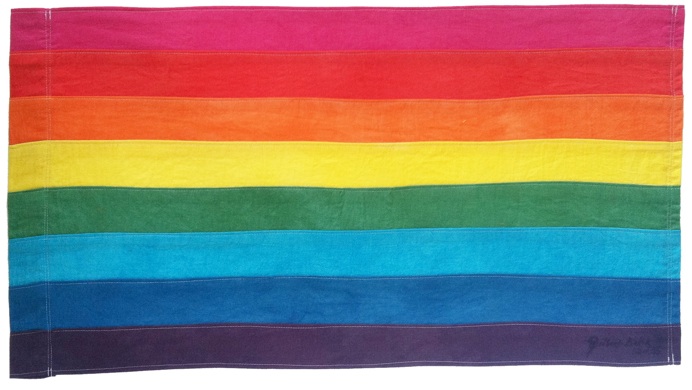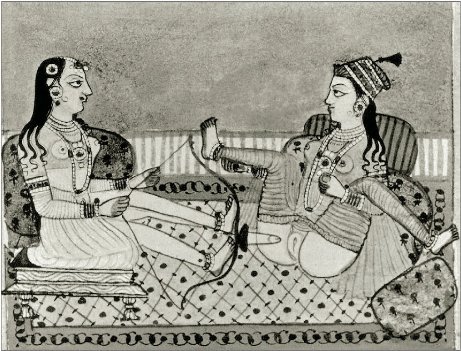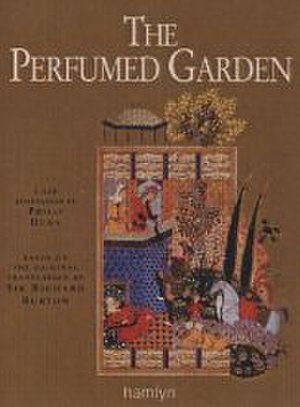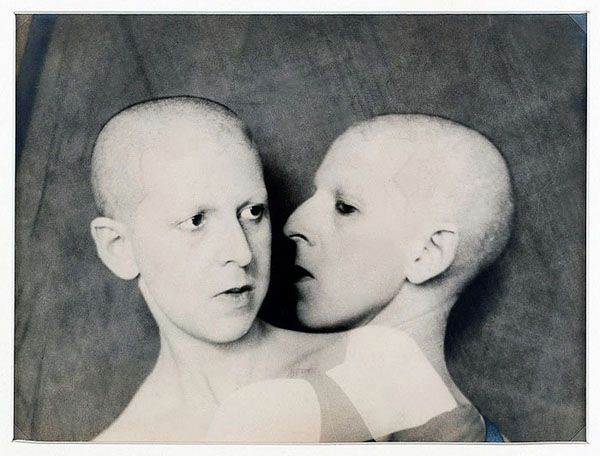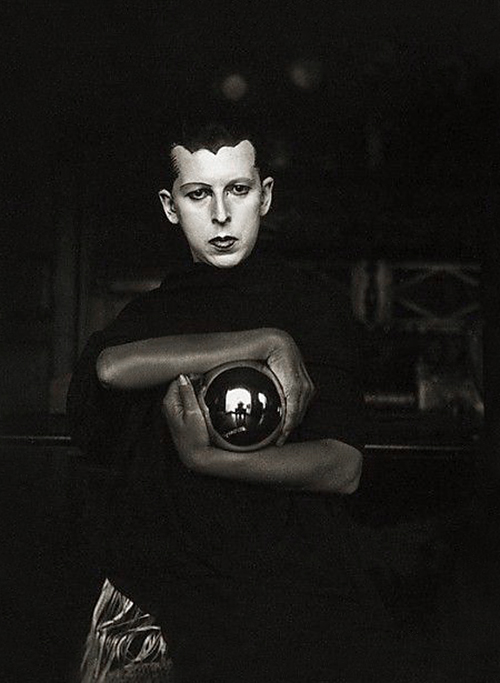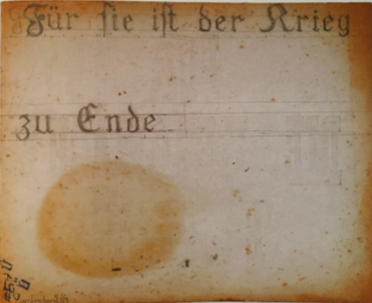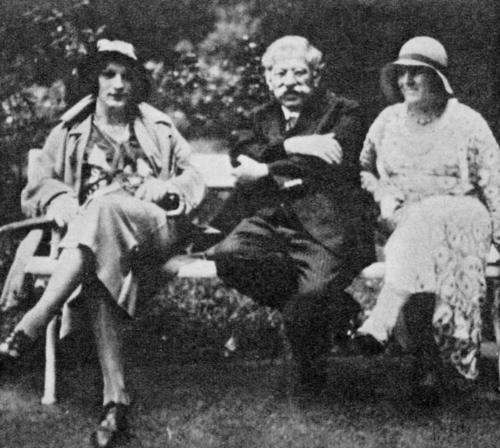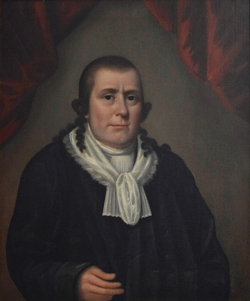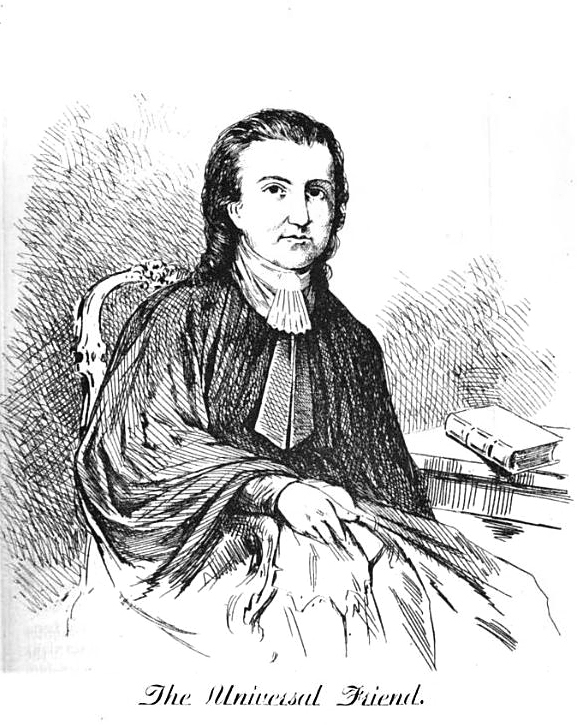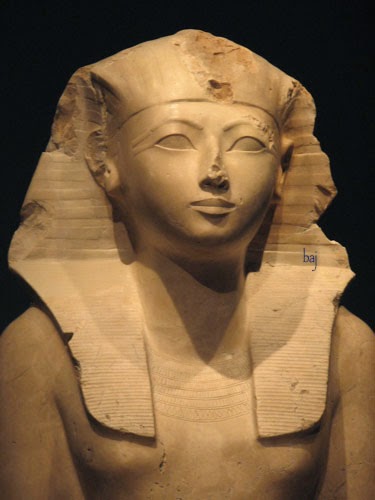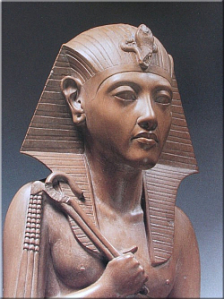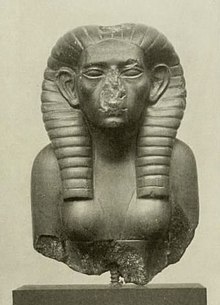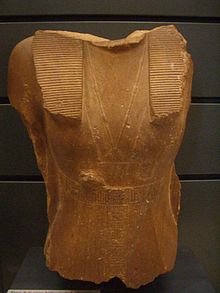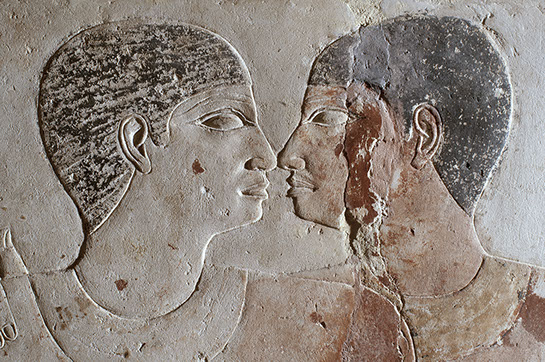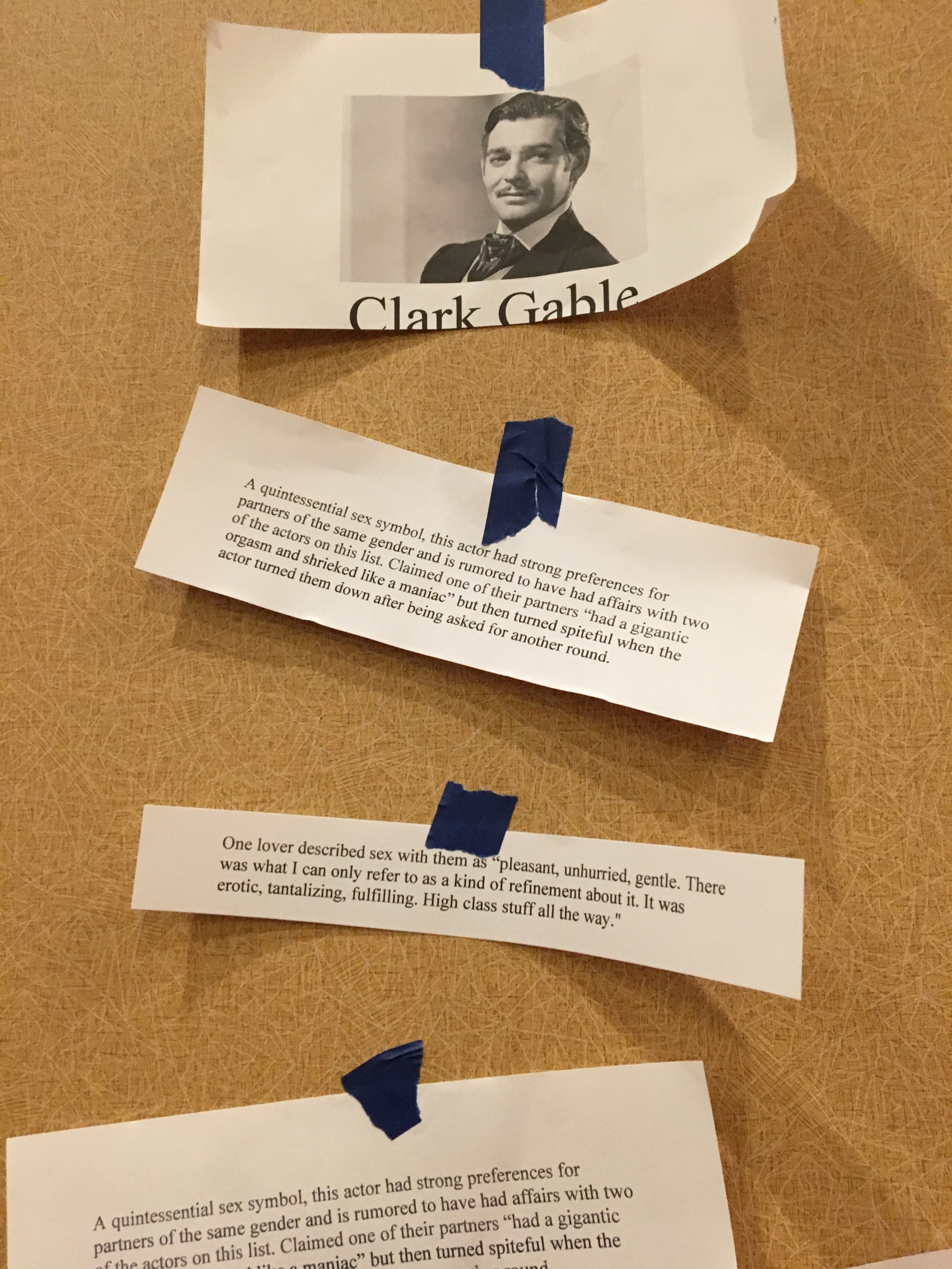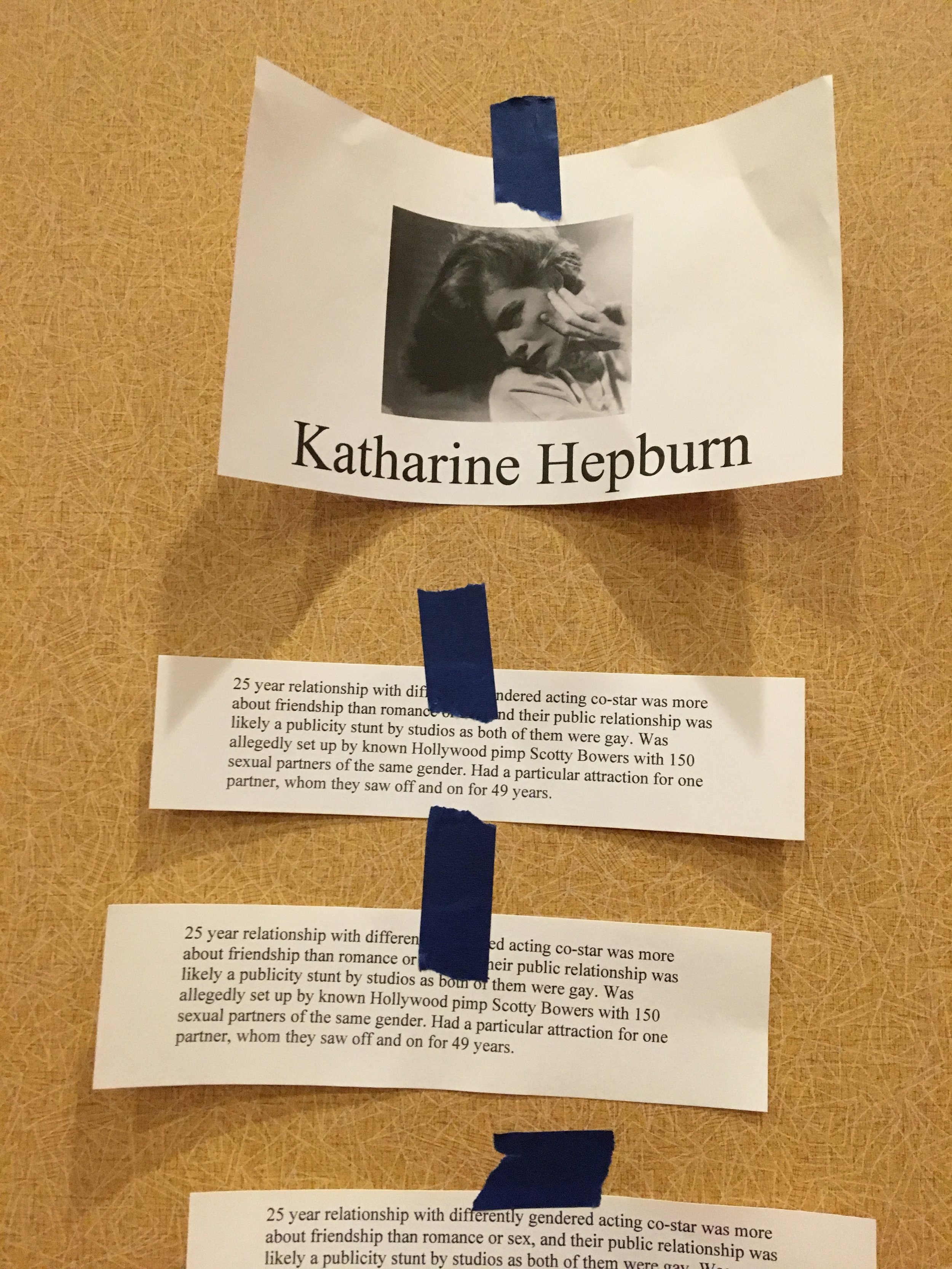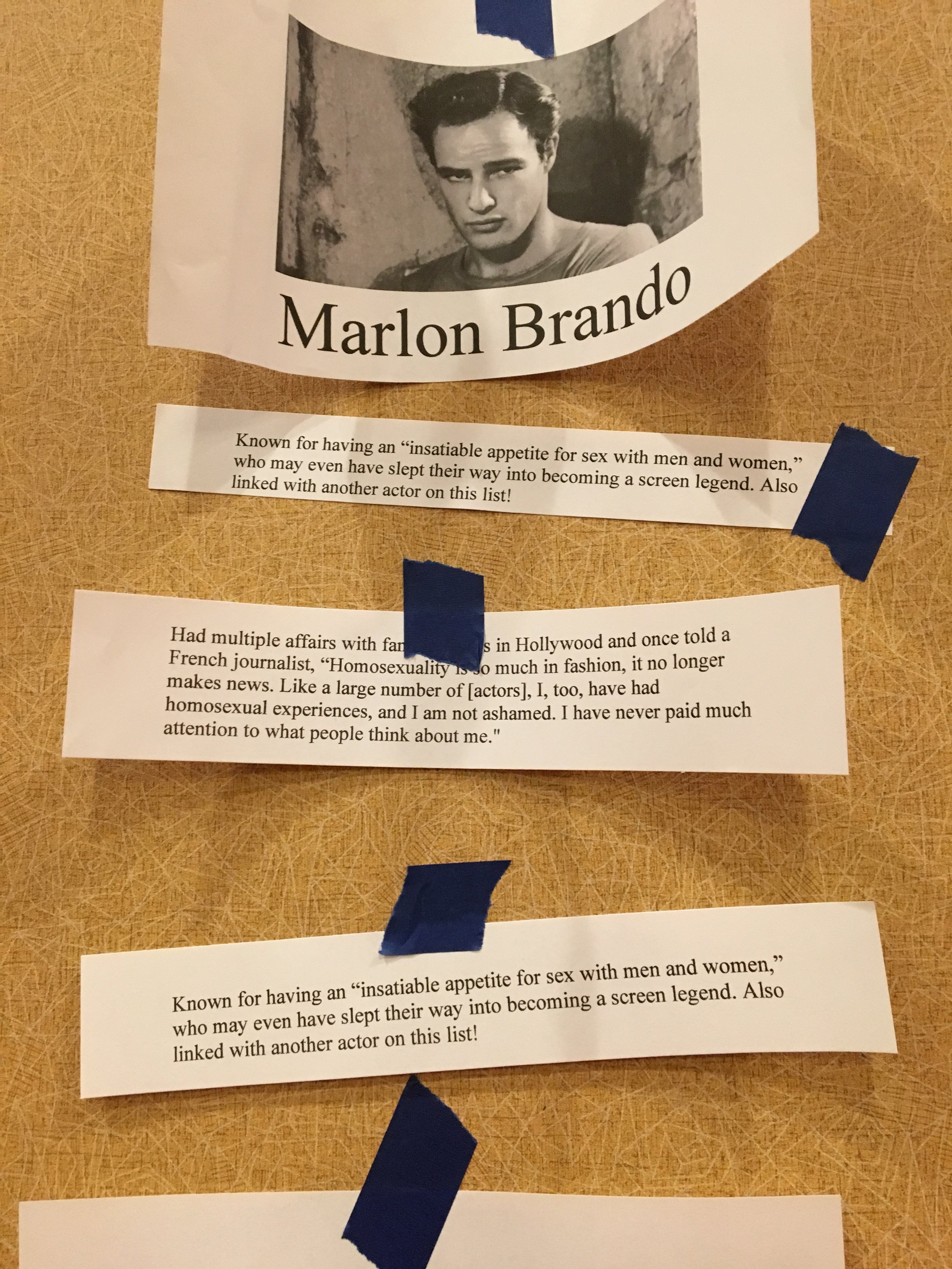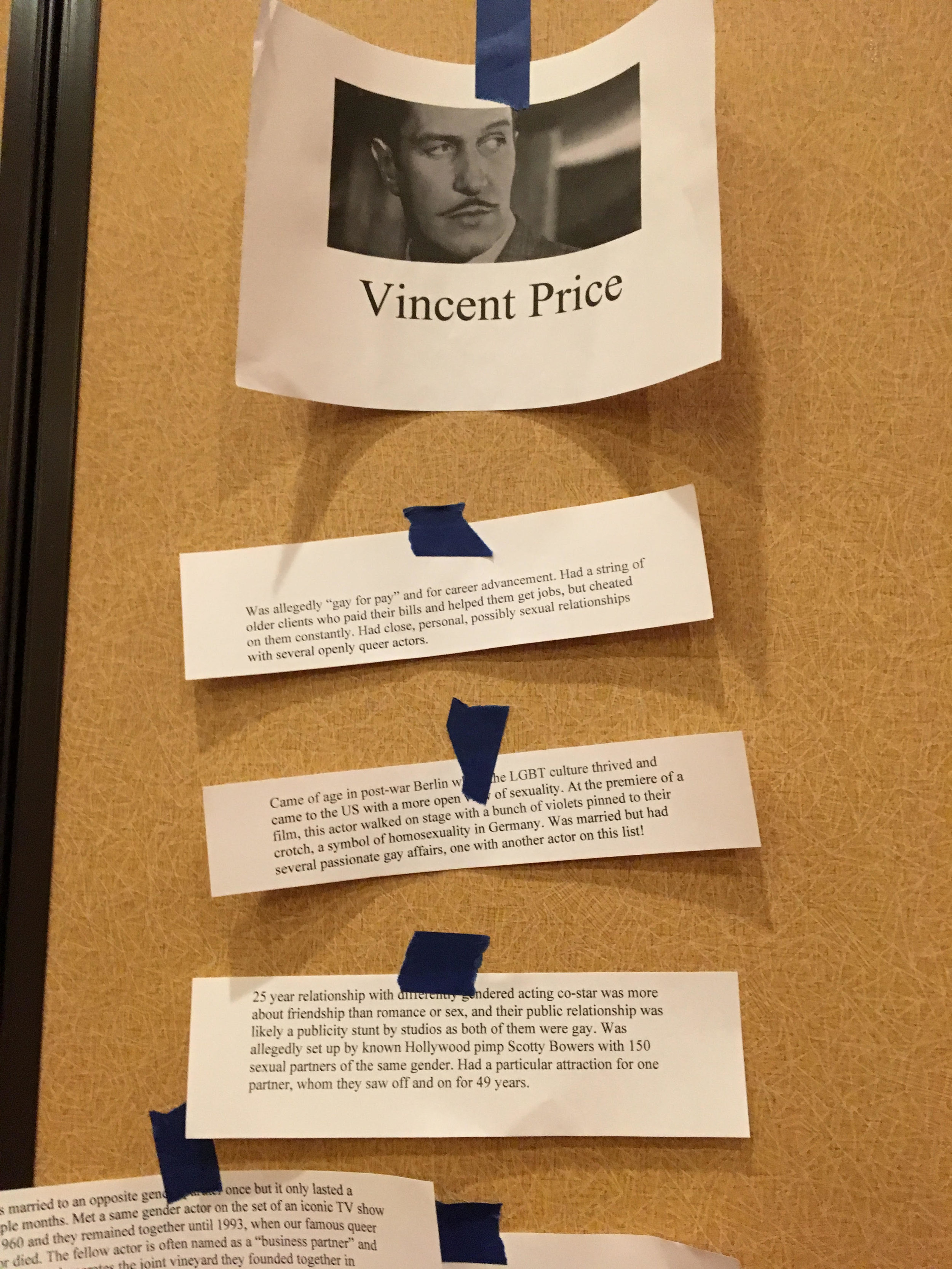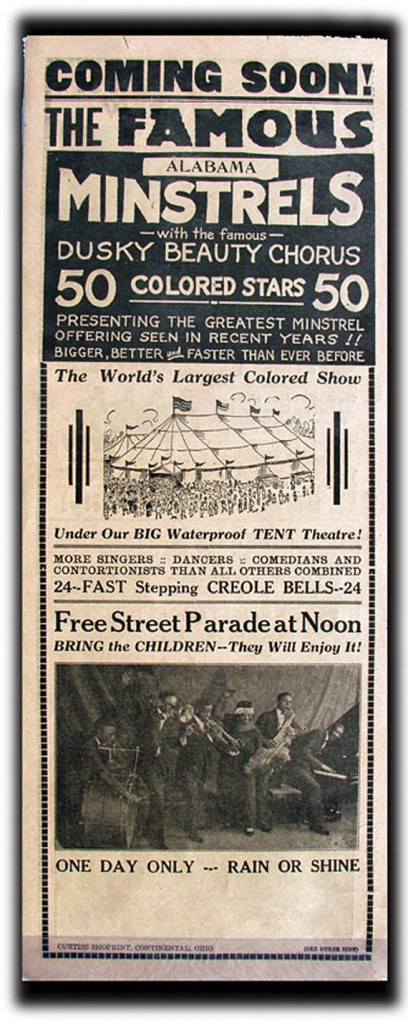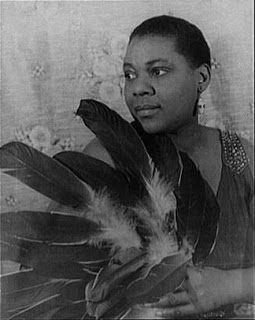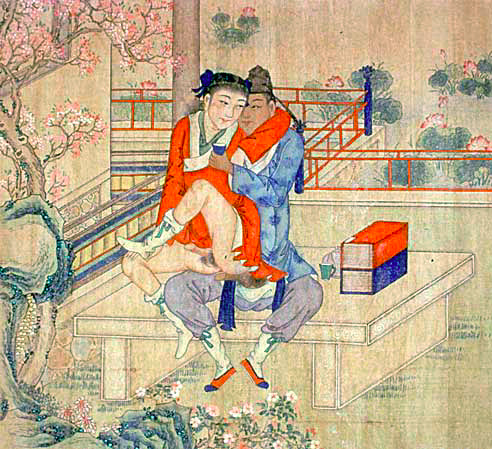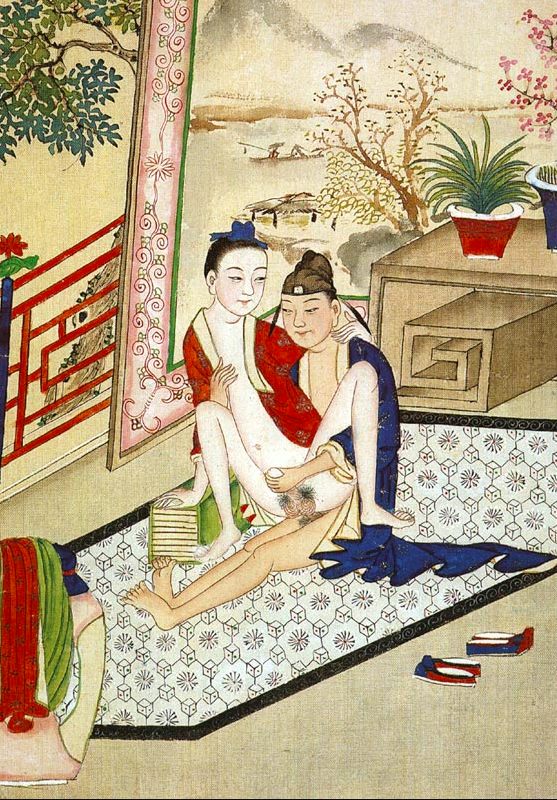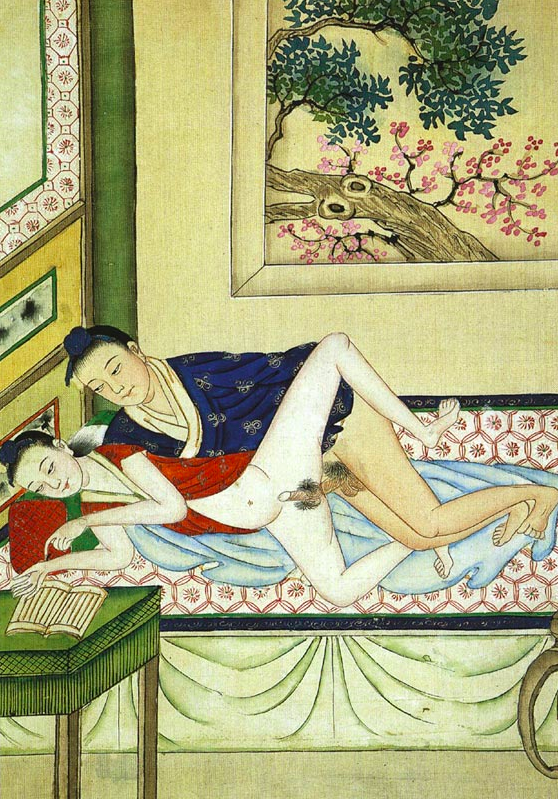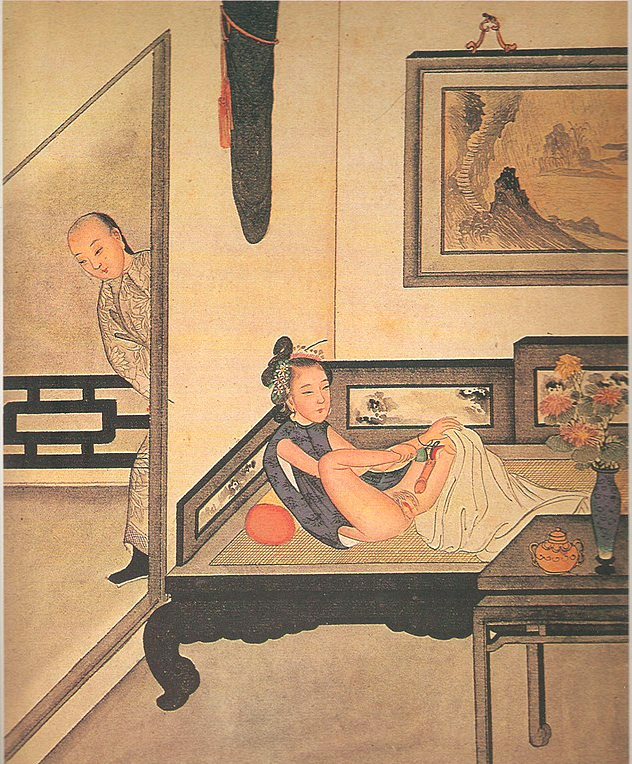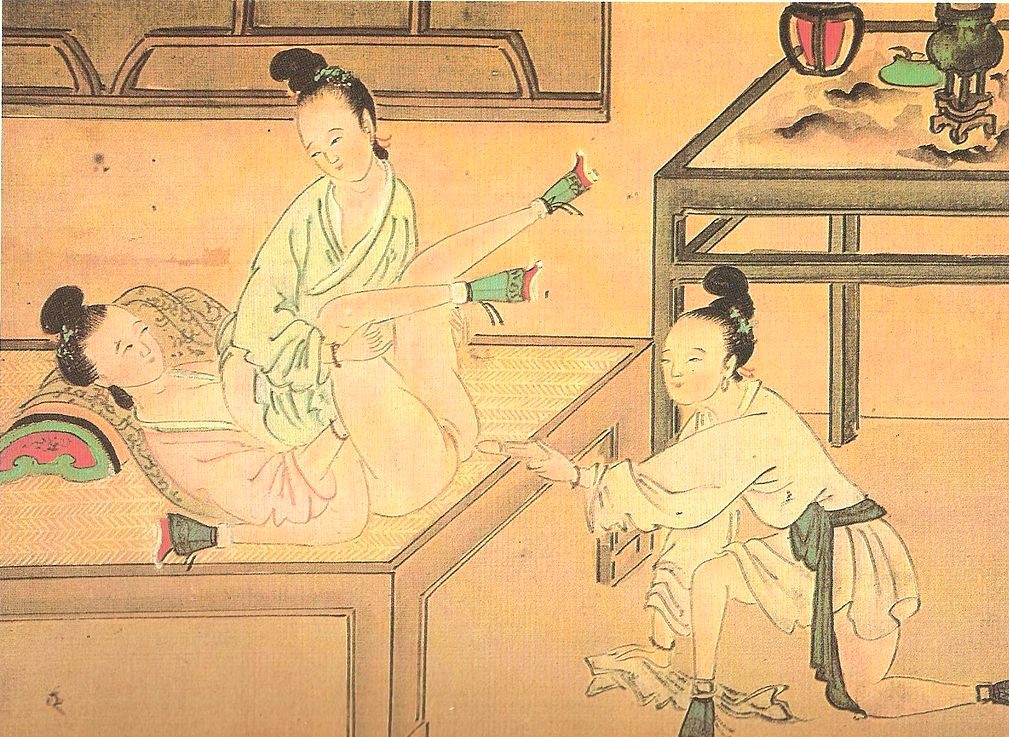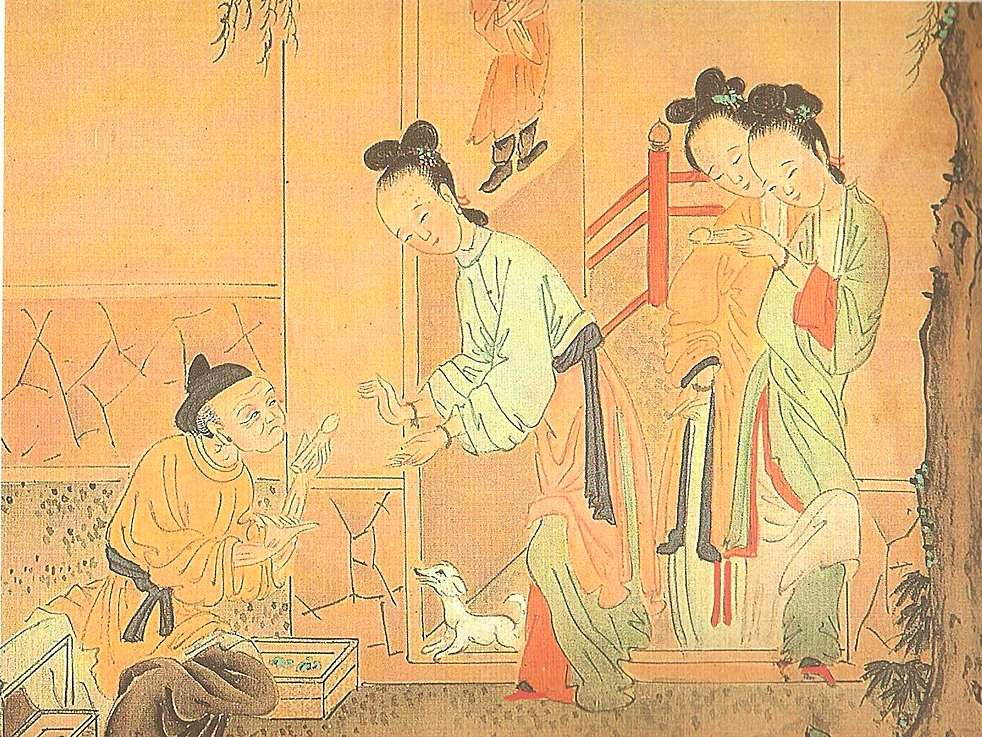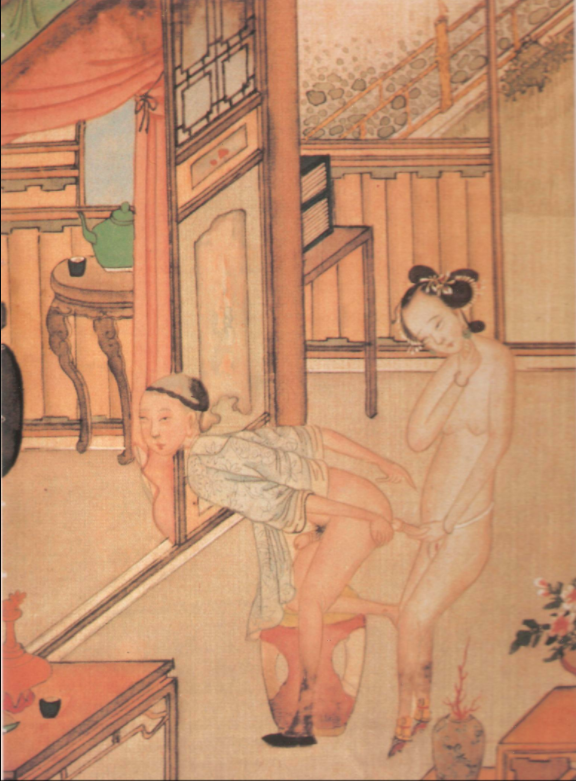20. More Than Meets the Eye(brow): Frida Kahlo
/In this episode, Gretchen and Leigh talk about Frida Kahlo, a Mexican artist best known for her many self-portraits and for works inspired by nature and the culture and artifacts of Mexico. She may be known for her unibrow, but that’s far from the most important aspect of her art or her story or her art. In keeping with her self-exploration of identity in her paintings, we’re going to explore one of the things least well known about her: that she had relationships with men and women! That’s right, this famous postcolonial, multiracial, disabled artist was bisexual!
A Closer Look at Frida Kahlo
Frida, age 6, 1913. For this and other rare photos of her childhood, Click here.
Frida (right), age 9, and her sisters. photo taken by her father, 1916.
Frida (center) with her sisters and a younger male cousin, 1926. For this and other rare photos of Frida in the 1920s, click here.
Mural for the ministry of education, by Diego Rivera, 1929, featuring Frida Kahlo (bottom left, front).
Here you can see why Frida’s father called them, “The Elephant and the Dove.” Frida and Diego Rivera, 1932.
A photo from Toni Frissell’s vogue shoot of Frida, 1937.
Frida (Left) with Josephine Baker (Right) in paris, 1939.
Frida Kahlo (center) with Nayantara Sahgal and Rita Dar, 1947.
MIguel n. Lira’s Tabla con Diferentes Frasas y Firmas signed by friends, including frida kahlo, fellow member of “los Cachuchas,” 1948.
Close up of frida’s note to Miguel n. lira: “hermano de siempre no te olvides de la cahucha no 9, Frida Kahlo”— “Forever brother, do not forget la Cachucha no. 9, Frida Kahlo.” Alongside it is her doodle of herself wearing the cap for which the group was named, 1948.
Kahlo and Chavela Vargas by Tina Modotti, 1950.
Chavela Vargas performing “La Llorona” in Frida starring Selma Hayak as Frida Kahlo!
Frida in her garden with two fo her dogs, by gisle Freund, circa 1950. For this and other photos by Gisle Freund, Click here.
Frida’s studio with her wheelchair and adjustable easel, on display at La Casa Azul museum in Mexico.
Frida Kahlo’s death mask, also on display at La Casa Azul museum in Mexico.
A Selection of Frida Kahlo’s Paintings
Henry ford hospital, 1932.
Two nudes in a forest, 1939.
Self portrait with cropped hair, 1941.
Self portrait with monkey and parrot, 1942.
The broken column, 1944.
The Love Embrace of the Universe, the Earth (Mexico), Myself, Diego, and Señor Xolotl, 1949.
still life (dedicated to samuel fastlicht), 1951.
Living Nature, 1952.
If you want to learn more about Frida Kahlo, check out our full list of sources and further reading below!
Online Articles:
Frida Kahlo: Role Model for Artists, People with Disabilities and Bisexual Women
A Fabulous Romance – Frida Kahlo and Josephine Baker break down barriers
Exploring Frida: The Sexuality, Gender, and Politics of Frida Kahlo
21 Facts You Didn’t Know About Queer, Feminist Icon Frida Kahlo
Was Frida Kahlo the “greatest love” and muse to this iconic lesbian chanteuse?
Books and Print Articles:
Kahlo by Andrea Kettenmann
Frida by Hayden Herrera
Imagining Her Selves by Gannit Ankori
Religious Imagination and the Body: A Feminist Perspective by Paula Cooey
Videos:

